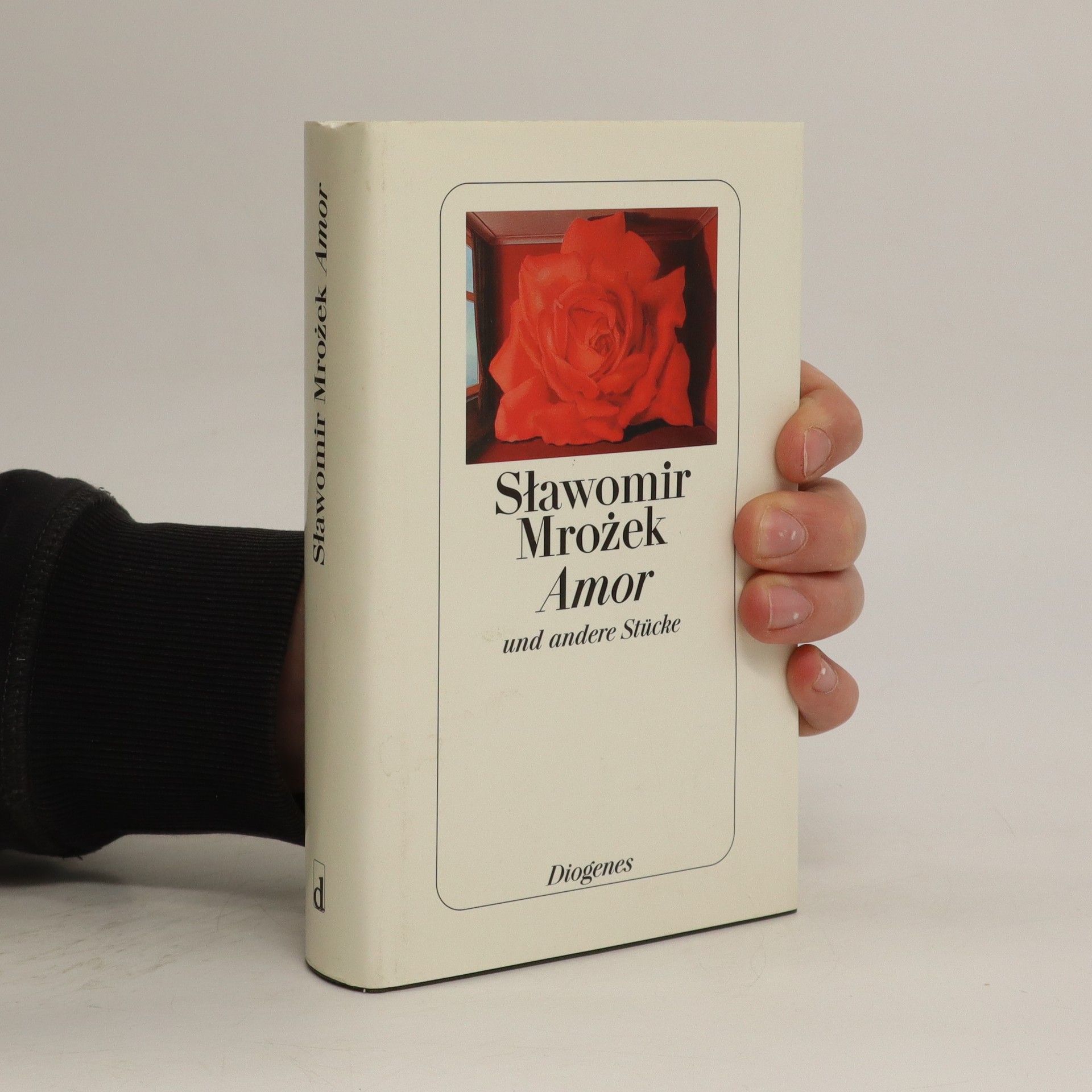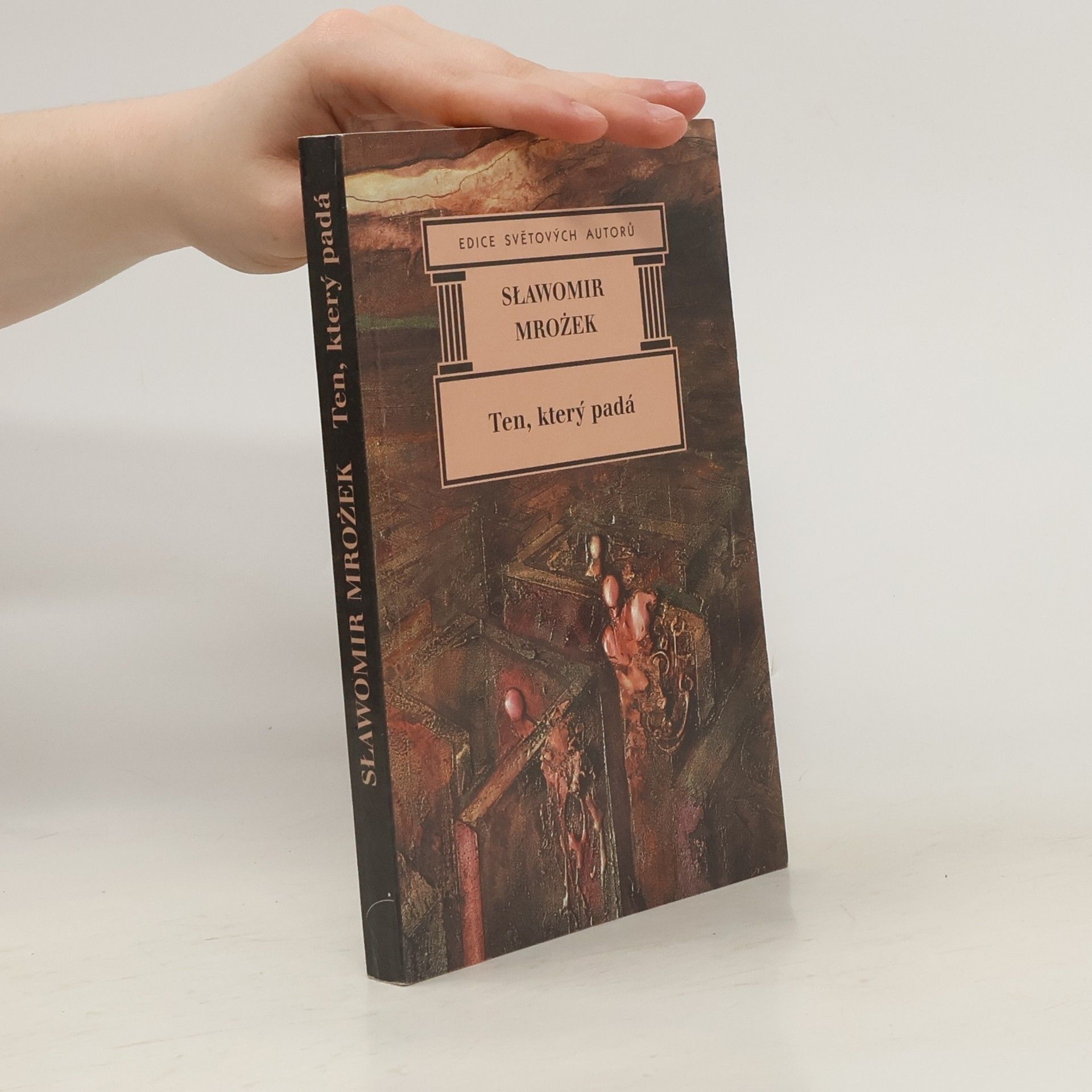S3awomir Mro¿ek has reigned as the pre-eminent playwright and satirist of Eastern Europe for the past half-century. A sharp critic of all oppressive systems during the Cold War, he began his career as a young enthusiast for the new Communist regime in the early 1950s. It didn't take long, however, until he was deemed such a threat that his work was banned not only in his native Poland, but also in all Eastern bloc countries. After the fall of Communism, he returned home from self imposed exile in the West and was recognized as a major literary figure. This reissue of fourteen plays and ten short stories, along with a sampling of his capricious cartoons, affirms Mro¿ek's mastery of a wide spectrum of styles, and illustrates the development of his talent over the decades. From the vantage point of the twenty-first century, Mro¿ek's questioning of authority, his razor-sharp sense of the comic, and his spirit of contradiction seem as fresh, and as relevant, as ever.
Sławomir Mrożek Libros
Sławomir Mrożek fue un dramaturgo y escritor polaco cuyas obras pertenecen al género del Teatro del Absurdo. Sus obras, que a menudo emplean elementos no realistas, referencias políticas e históricas, distorsión y parodia, impactan al público y provocan la reflexión. Se hizo conocido por piezas influyentes que, a pesar de su amargura e ironía, ofrecen profundas perspectivas sobre la condición humana. El distintivo estilo de Mrożek explora las absurdidades del mundo, buscando verdades más profundas en ellas.
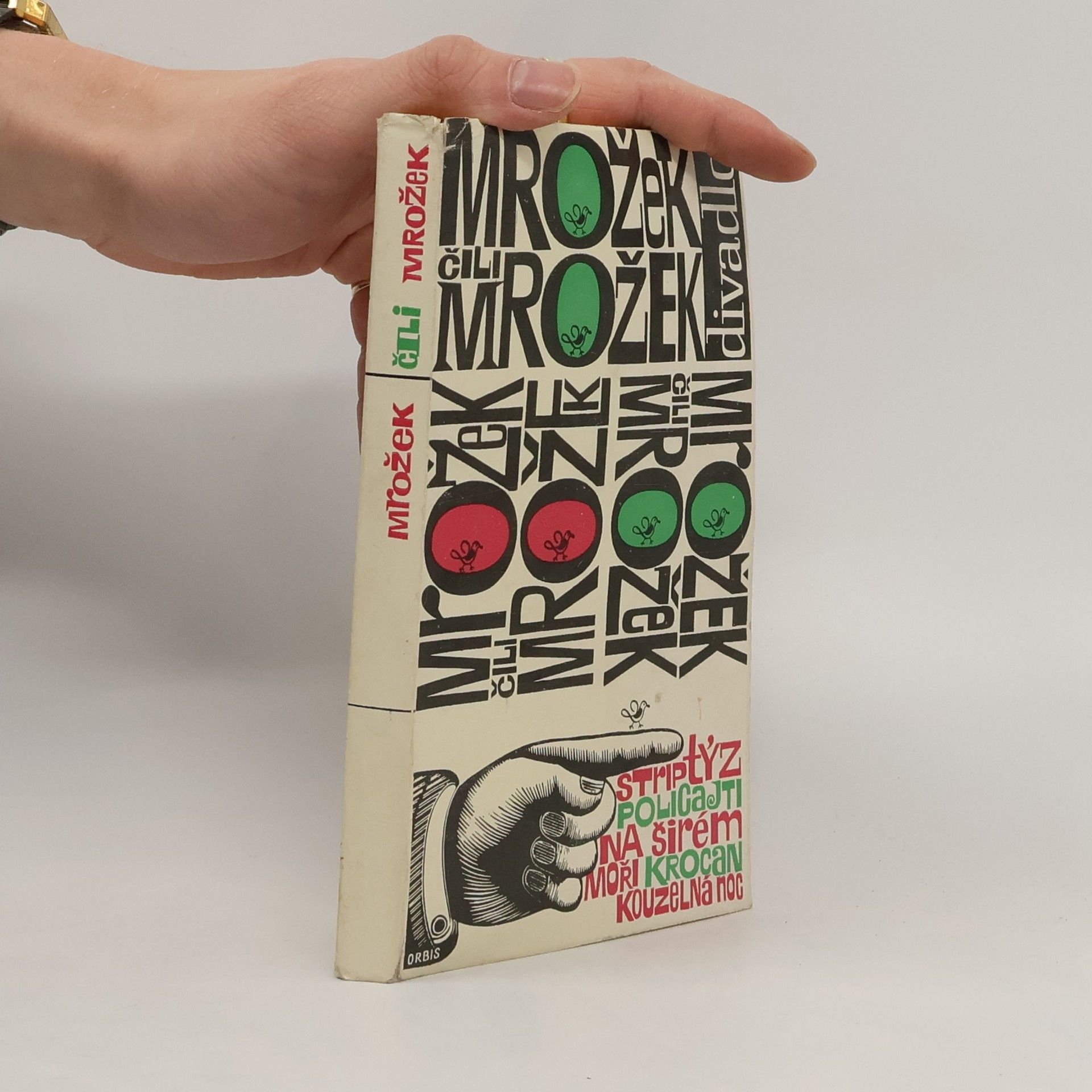
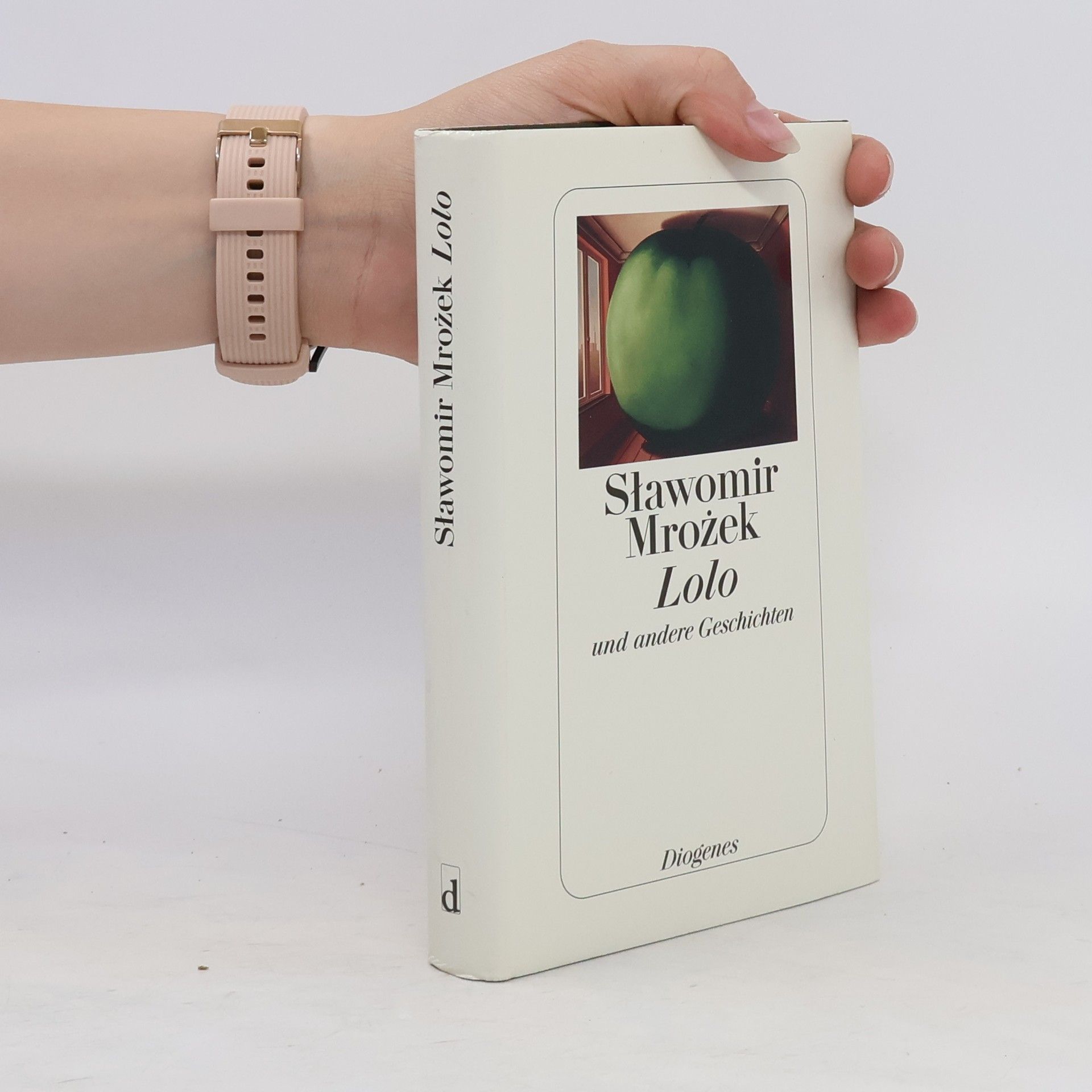

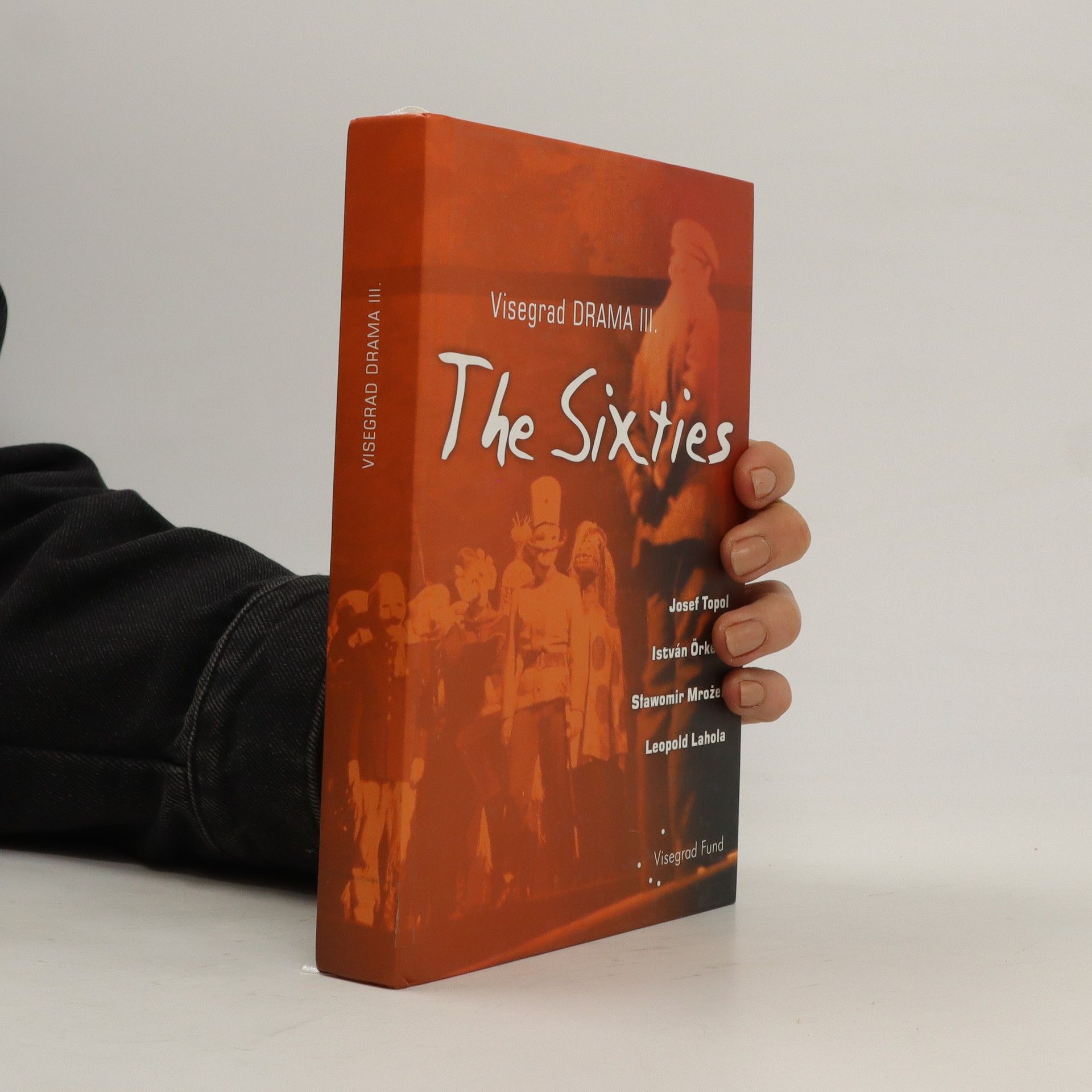


The Elephant
- 176 páginas
- 7 horas de lectura
The Elephant (1957) is Slawomir Mrozek's award-winning collection of hilarious and unnerving short stories, satirising life in Poland under a totalitarian regime. The family of a wealthy lawyer keep a �tamed progressive� as a pet; a zoo saves money for the workers by fashioning their elephant from rubber; a swan is dismissed from the municipal park for public drunkenness; and under the Writers� Association, literary critics are banished to the salt mines. In these tales of bureaucrats, officials and artists, Mrozek conjures perfectly a life of imagined crimes and absurd authority.
Visegrad Drama III., The Sixties
- 415 páginas
- 15 horas de lectura
Kohout, Lišák a já
- 154 páginas
- 6 horas de lectura
Soubor dosud do češtiny nepřeložených povídek od jednoho z nejznámějších polských spisovatelů a dramatiků. Stát se světoobčanem (včetně světového úspěchu dramatické tvorby, např. hry Tango a Emigranti) a přitom zůstat nevyléčitelně polský. Umět vlastní rukou ilustrovat parodický on the road román na každé stránce brilantní kresbou (román Útěk na jih). Odhalit ve svém časopise Hlasatel pokroku, že v polské vesnici Dolnoluhy navštěvuje základní školu Adolf Hitler, který se tam rafinovaně ukryl po svém útěku z dobytého Berlína. Vymyslet svépomocné družstvo, které posílá zákazníkům alkoholiky, aby lidé nepili sami. Vymyslet kočičku, která na sebe bere majitelovy hříchy. Nechat důchodce štrikovat transparenty na Prvního máje.
Lolo drückt immer die richtigen Tasten, die, die den Herrn mit dem Bart zufriedenstellen und dann gibt's Speck. Aber nur für Lolo. Doch eines Tages hat Lolos Freund, die andere Laborratte, die immer hungriger wird, weil sie nicht die richtigen Tasten zu drücken versteht, eine Methode gefunden, um auch was abzukriegen... In Monisa Clavier lauert ein polnischer Tourist einem westlichen Filmstar auf. Nun kommt es darauf an, ihre Aufmerksamkeit auf sich zu lenken. Da dem komplexbehafteten polnischen Jüngling dies nicht gelingen will, gibt er sich auf einer Party gläserschmetternd als Russe aus, denn Russen scheinen im Westen den Exotik-Bonus zu genießen. Zwar erreicht der junge Pole so sein primäres Ziel, doch fangen die Probleme nun erst an. "
Sborník pěti her Sławomira Mrożka: Policajti (1958) — Krocan (1960) — Striptýz (1961) — Kouzelná noc (1963) — Na širém moři (1961). Sborník sestavil a doslov napsal Aleš Fuchs.
Während der Besetzung Polens durch die Nazis wird ein Hauptmann der Wehrmacht in einem polnischen Haus einquartiert, in dem ein Junge mit seiner Tante lebt. Der Junge ist völlig fasziniert von Rosemarie, der Geliebten des Hauptmanns. Als der kleine Amor , wie Rosemarie ihn lachend nennt, von den Partisanen angeworben wird, auf den Nazi ein Attentat zu verüben, stürzt ihn das in einen tiefen Konflikt ...
Emigranci (1974) to najwybitniejszy utwór Sławomira Mrożka od ukazania się Tanga, a zarazem jeden z najważniejszych polskich dramatów okresu powojennego.nn nnDwaj cudzoziemcy z bliżej nieokreślonego kraju zamieszkują wspólnie suterenę w nieznanym mieście Europy Zachodniej. Wyobcowany intelektualista, AA, wybrał emigrację z powodów politycznych, jego towarzysz zaś,
Ti, co mě nesou
- 308 páginas
- 11 horas de lectura
Výbor povídek od jednoho z nejznámějších polských spisovatelů a dramatiků.
Průřez prozaickou tvorbou polského spisovatele a dramatika od počátků 50. do 90. let. Jeho groteskně satirické povídky se vysmívají literárním konvencím a stereotypům, varují před hloupostí, násilím a totalitou.
